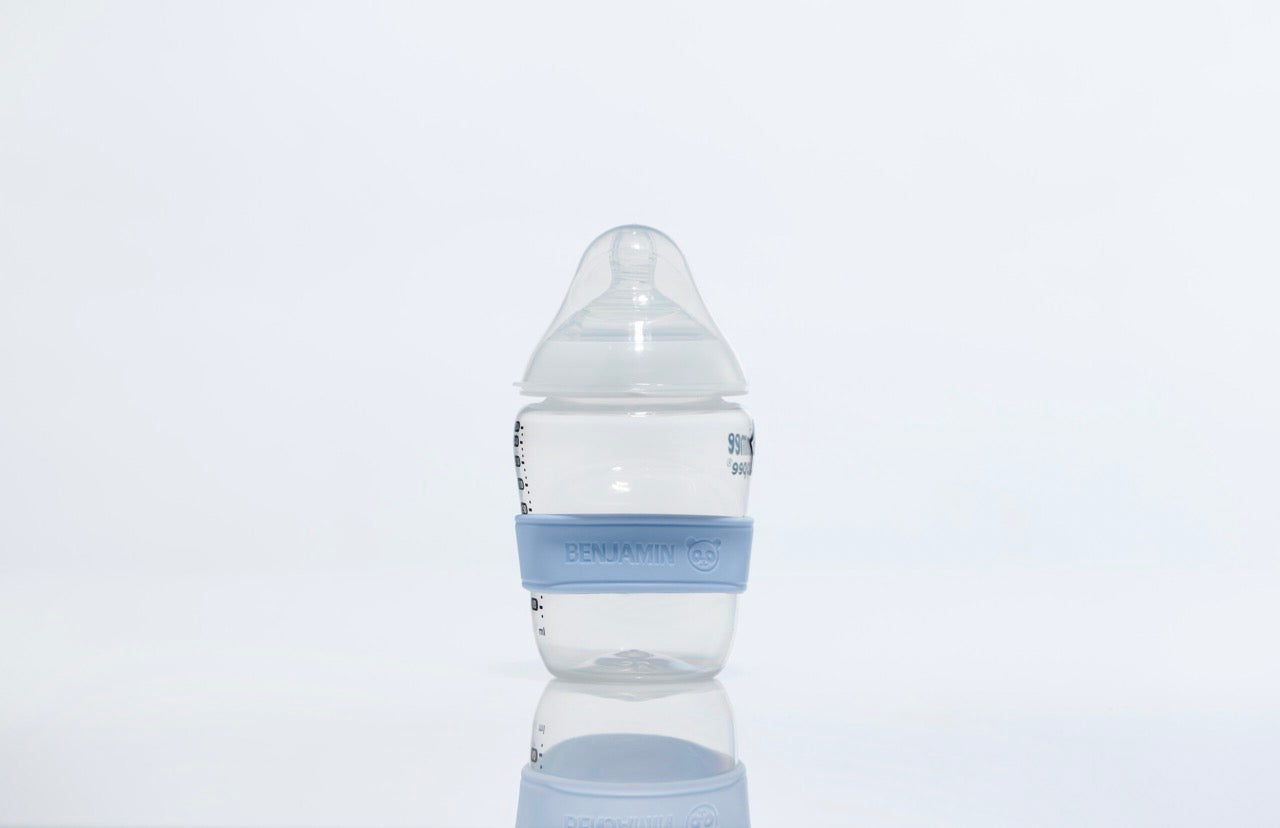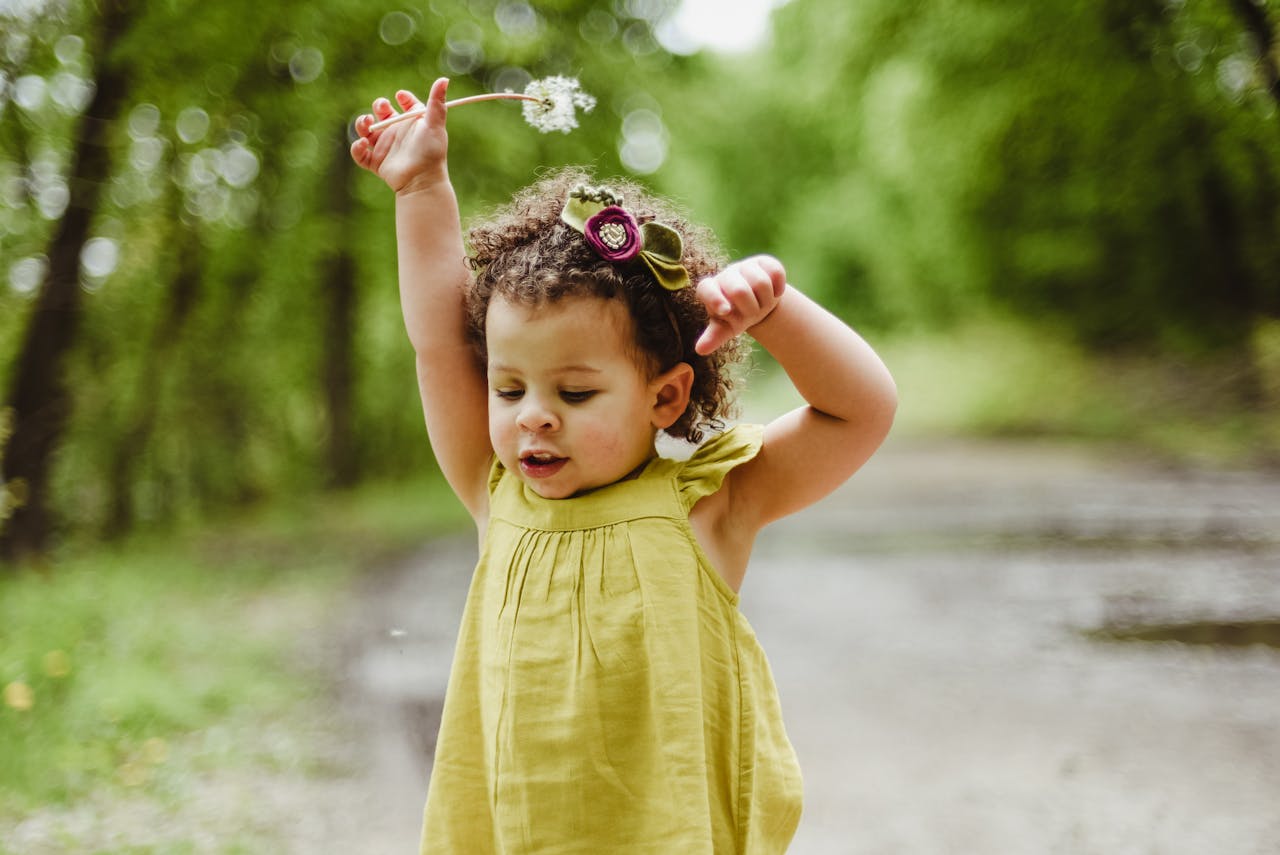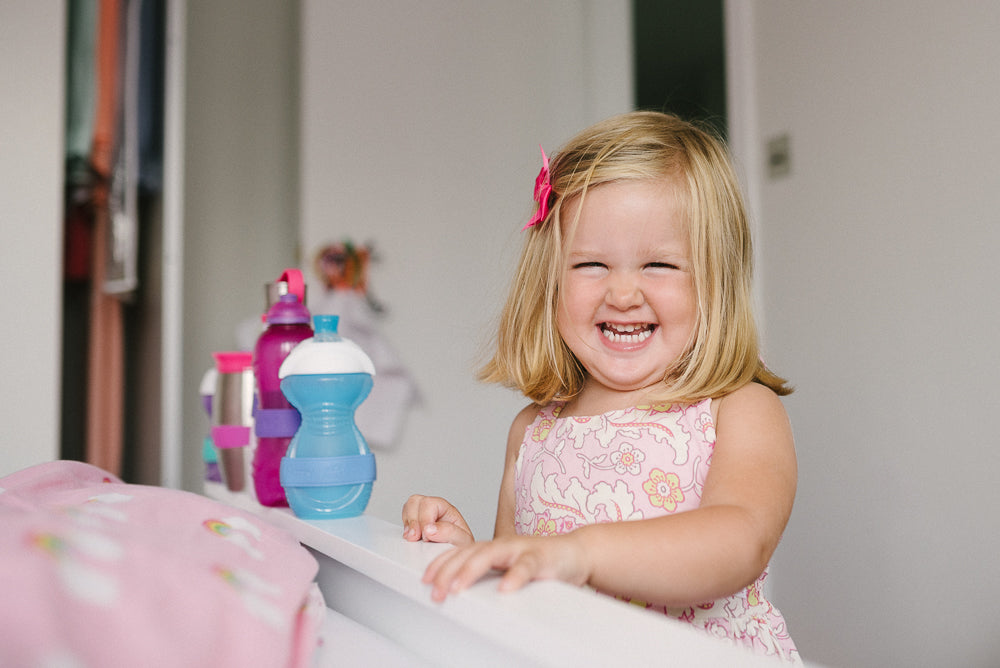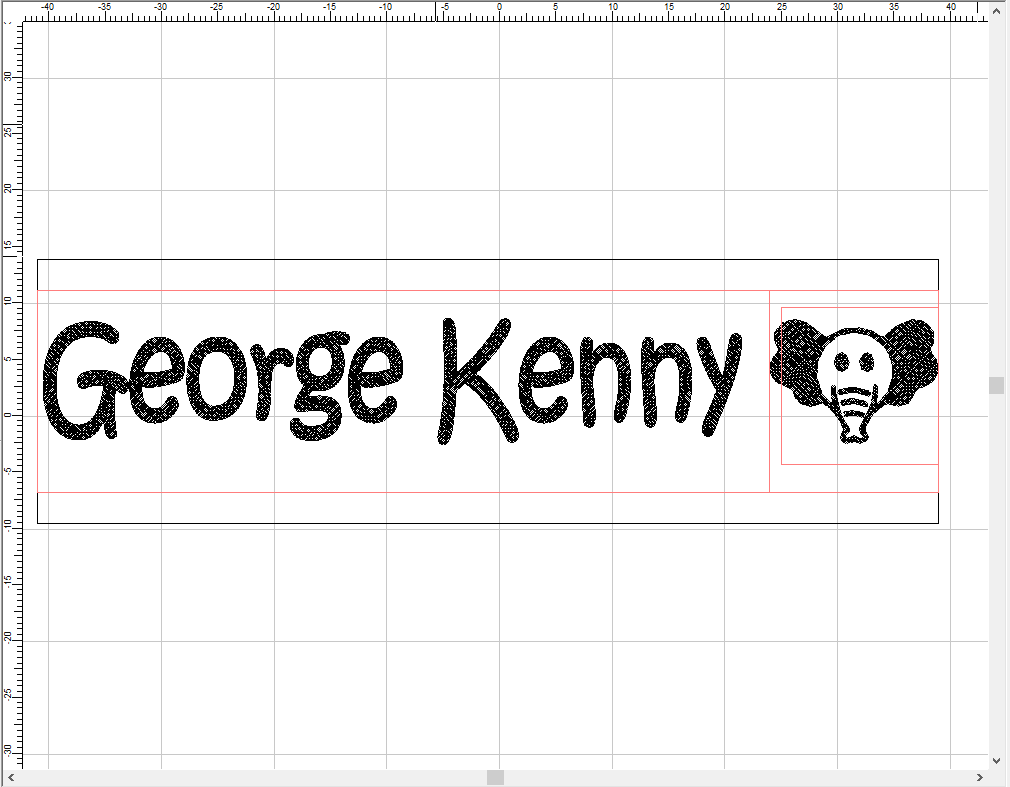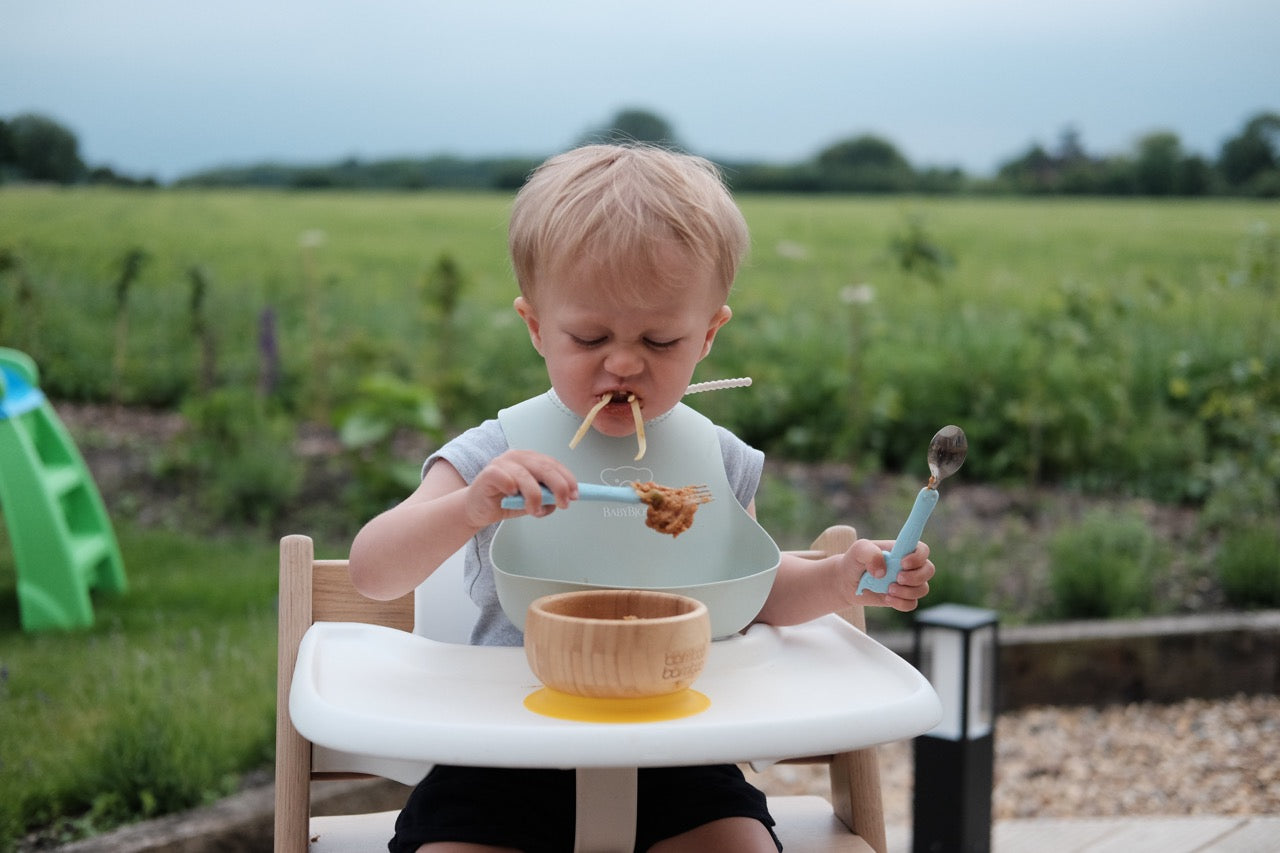What is literacy anyway – and how can our personalised silicone baby spoons help?
So how can our personalised silicone baby spoons help you with your children’s literacy?
We think of literacy as learning to read and write but literacy itself is more about developing the skills that allow a child to begin to do this. Reading and writing are tools of communication but other skills need to develop before children get to the point of learning these. Often things that come naturally – talking, playing, drawing, looking at books. All of these develop skills of comprehension, vocabulary, imagination and self expression. They help pave the way so that once young children begin learning to read they can understand too and become good readers who read with pleasure.
At Personalised Kids’ Stuff we are committed to bringing you products that work for you and your child – with child friendly design, eco friendly, kid safe materials and with personalisation. We strive to make our products easy for children and babies to use and attractive enough for them to love – and for parents to love too! The personalisation is not only great for making your child feel that special sense of ownership – and great for naming your child’s things – it’s also a super way to help very young children and babies start along the path to early literacy.
The best way for children to learn is to do so without even realising, and seeing their name on a silicone baby spoon they love using, or on a personalised bottle band on their favourite bottle is a fantastic way to begin that early letter recognition.
Letter recognition is clearly not the first stage on the literacy road though……before this comes the ability to begin to understand and use spoken language.
In this blog I’ll be saying a little about:
• Learning to speak and speaking to your child
• Reading to your child
• The importance of play in developing literacy
• Different types of play that can stimulate literacy
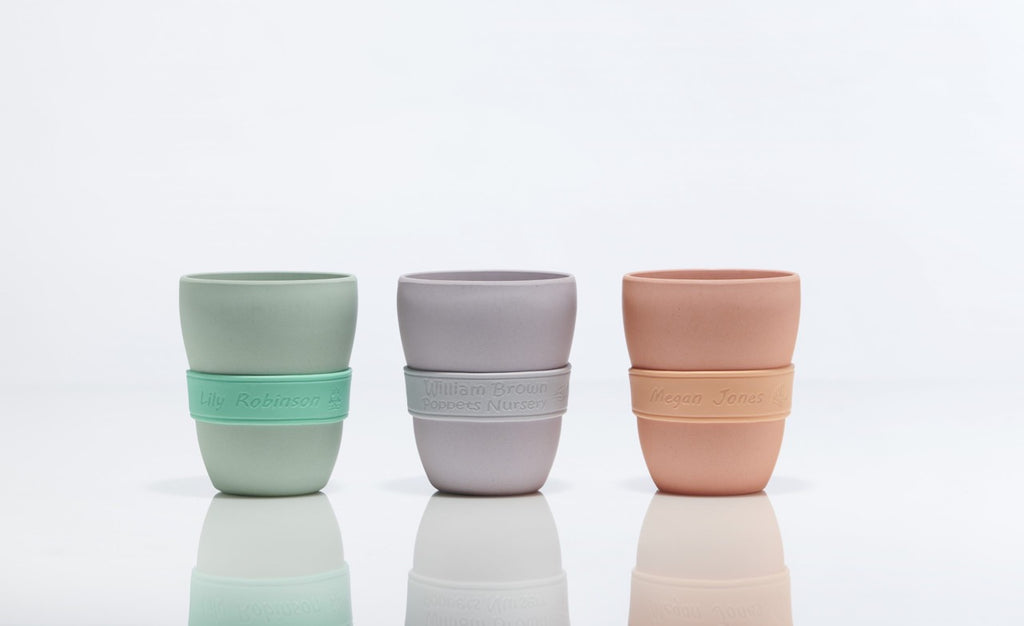
Learning to speak is the start
Speech allows communication and it’s the start of a baby or young child being able to express themselves, which is a huge part of literacy.
Right from birth babies learn the skills of sucking and chewing which help develop the muscles and coordination they will need for speech and of course for eating.
Our baby spoons, suitable from 6 months, are made from suckable silicone that is mouth friendly for babies and encourages them to suck and chew new foods from the spoon – but also builds on that sucking skill that babies are born with. The flexible nature of the baby led weaning spoons also lends them to being a natural feeling tool for babies.
So it’s not just the lettering on our silicone baby spoons and other products that stimulates childhood development, we put a lot of thought into the materials and design of the spoons to best encourage and nurture very young children and babies.
Babies begin to learn speech by making noises which become symbols for something a baby wants or needs – the parent starts to recognise these noises as ways of communicating. These are much more than noises – they are a baby practising hard to form sounds that can be understood in order to get what they want!
Gradually these sounds mimic words and from about 8 months start to become words. The person a baby learns most from at this stage is the person who is looking after them – often a parent – and so talking to them and using as wide a vocabulary as possible is very important! Babies do learn passively from just hearing language spoken but being spoken to directly draws their attention and is a fast way to promote learning!
A parent reading to a young child builds interest in books
Even very young babies like listening to the sound of voices they recognise, like mum or dad talking. And even very young babies can develop a positive relationship with reading – a parent reading to a child is a very powerful way of encouraging them to love books.
At the time a child is being read to they have the attention of the parent or whoever is reading to them, and usually reading to a child is done at a time when the environment is cosy and safe, so children and babies soon build positive feelings about reading and books. They can then associate reading with pleasurable feelings. Those black marks on a page slowly begin to be recognised as symbols that unlock stories.
Babies and toddlers love picture books – so always have lots of books around for them to look through. They can at first just enjoy the colours and shapes on the pages – the books with textures are great for drawing a baby’s attention to the book and for keeping them occupied on a journey!
Looking at shapes and pointing to objects are both activities that lead towards reading – ultimately the shapes of the letters have to be noticed and recognised once a child begins learning to read.
Spot the difference is also great for toddlers and even older children as it develops observational skills and concentration – both important skills in reading. After all, letters are different shapes but some only slightly and children have to learn to pick out the differences and similarities in order to develop letter recognition, reading and writing.
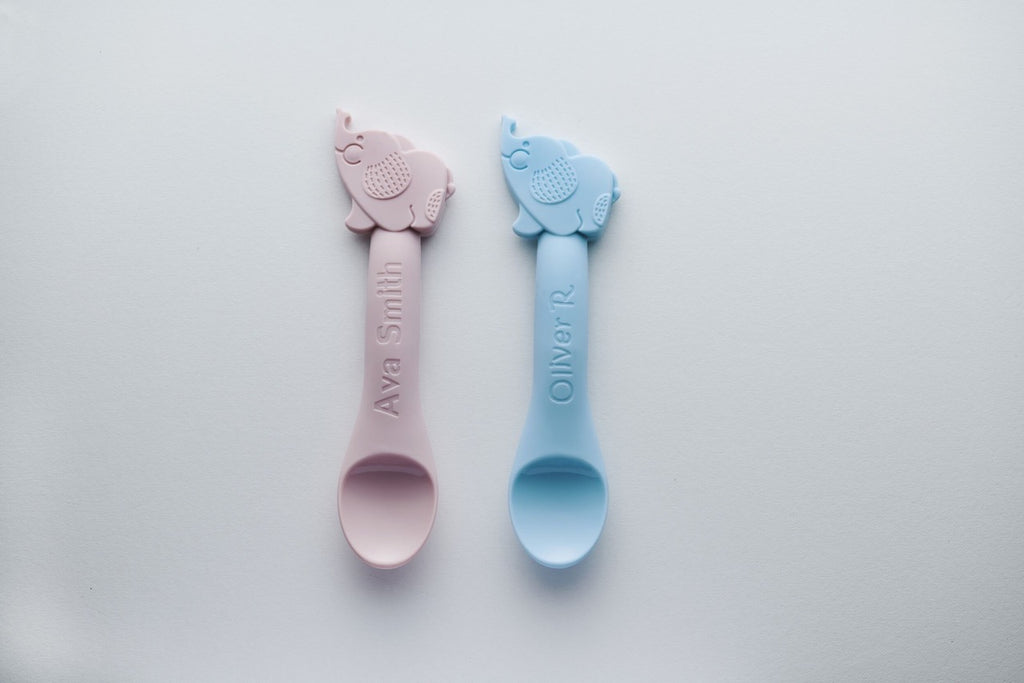
Point out all the words that surround us – including a child’s name on a silicone baby spoon
Not just books though – there are words all around and young children will notice these and connect them with images. The child’s name on a silicone baby feeding spoon or on personalised children’s cutlery – these might seem like just marks at first to a young baby, but if a parent keeps saying the child’s name and pointing to these marks they will start to recognise them and associate them with their name.
At PKS our baby weaning spoons and stainless steel and silicone kids’ cutlery set are designed to attract little ones, with the animal motif on the end of the handle and calming pastel colours, plus the tactile qualities of silicone. The silicone baby spoons and cutlery are intended to make mealtime and eating an enjoyable experience and the lettering on the handle is a big part of this.
We want mealtimes to be something to look forward to and using our personalised toddler cutlery to be fun. Kids will start to recognise, with a parent’s help, that this is their name on the handle, these marks start to become letters and these letters to become a word – this word is the child’s own name!
With PKS personalised baby led weaning spoons or children’s first cutlery set you will not only be encouraging happy associations with mealtimes but also promoting literacy!
The importance of play – and how silicone baby spoons can be part of play
Playing is also an important part of learning. From an early age, at around 2 years, young children begin to act out stories from the imagination and also to mimic stories that adults have read to them from books.
Playing is again something pleasurable and relaxing and allows a young child to ‘pretend’, a skill that will later be important in making up stories and writing them – after all, fiction books are ‘pretend’ and learning to pretend begins with play.
Play also allows children to act out characterisation and this can later translate into stories when they begin to write. They are pretending to be characters and also they are acting out what happens in real life – for example pretending to be a parent or a nursery teacher. This kind of role play also lets them explore and express emotions that can later be used as ideas for stories that they may write.
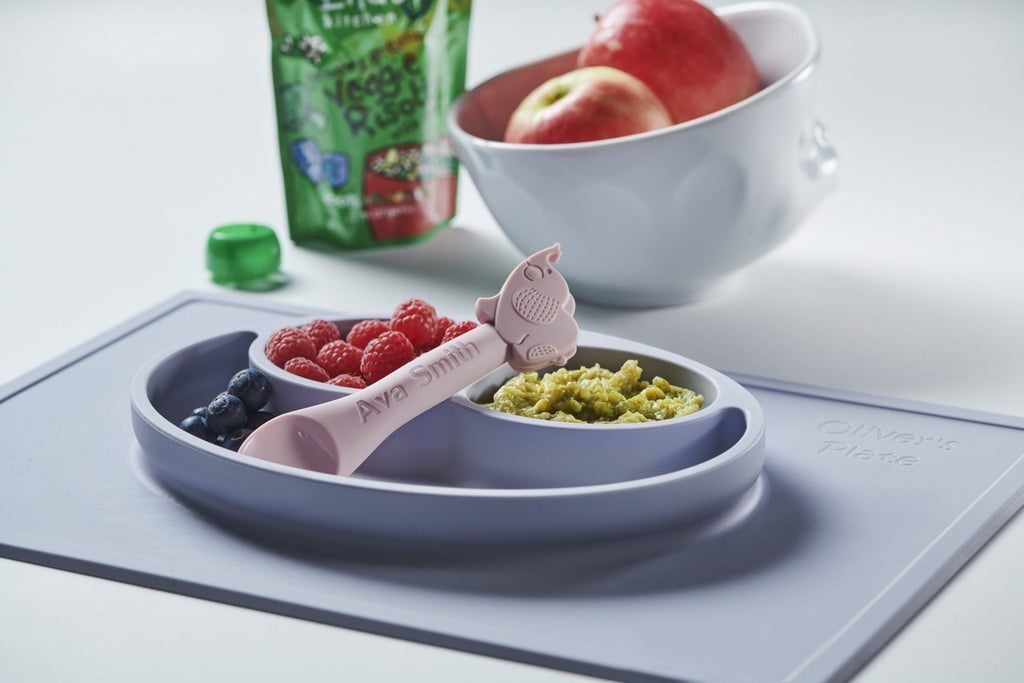
Silicone baby spoons and other PKS products – not playthings but definitely fun!
At PKS we always warn that our products are not toys, we want children to be supervised when using silicone baby spoons or other products for safety reasons – however we do want them to be playful. We use animal silhouettes at the end of our cutlery handles because we know that animals are something a child usually associates with safety and familiarity, and often a type of friendship.
We want mealtime to be a playtime of sorts – a playtime of feeding exploration! The animal silhouettes on our silicone baby spoons and cutlery can also feed the imagination of a child and encourage them to make up stories even…….which is all fantastic for paving the way to literacy. It is not only the letters on our silicone baby spoons that help stimulate early literacy but the opportunities for talking and imaginative play our products provide!
When your child plays it is also beneficial to get them familiar with items that include words and text – introducing letters as part of their play. To develop language skills you can have toys that encourage role play and imaginative play – for example a toy kitchen for toddlers and pre school children encourages them to act out a kitchen situation.
At first they might watch a parent and the parent can talk about what they are doing, then they might begin to copy the parent using the toy kitchen, here you can chat to them about what they are doing! They might progress gradually to playing with a friend or sibling in the kitchen – you could encourage them to serve a pretend meal using PKS personalised kids’ cutlery and a bottle with a PKS personalised name band on it!
You could also label items in the kitchen with their names – so the child gets used to seeing the words and associating them with the objects, without formal ‘teaching’.
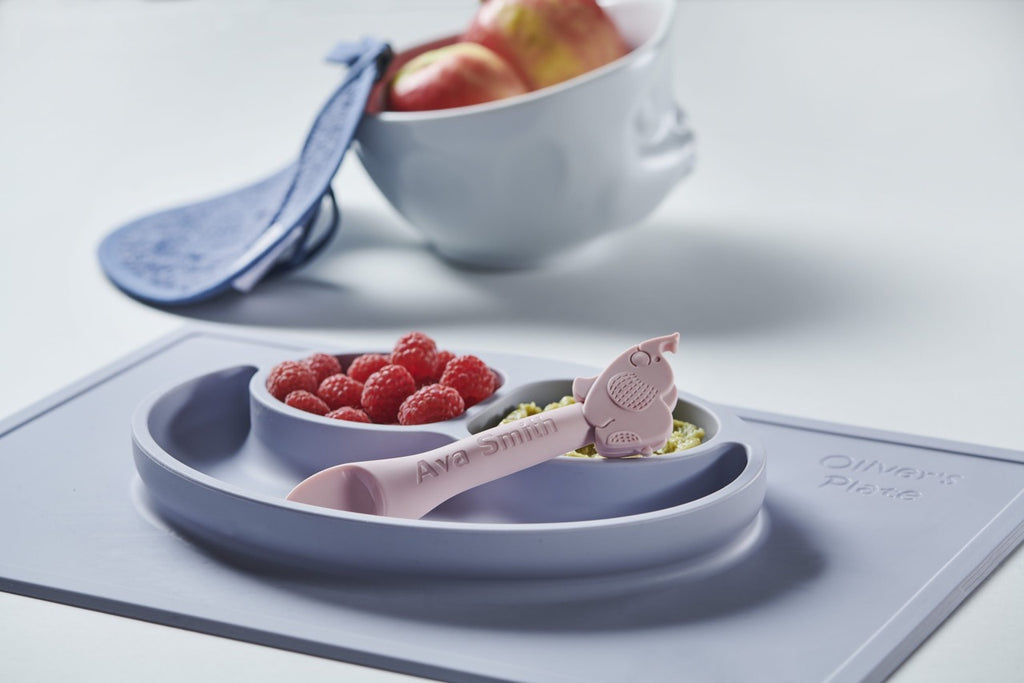
Sand play, play dough and painting
Sand play and play dough are also great for encouraging literacy – you can shape sand into letters or simple mark making of symbols that can be ways of communicating. Play dough is well known to help develop the hand muscles that are needed for holding a pencil – it takes quite a while to develop the strength and coordination for this! Similarly holding a silicone baby spoon or fork – especially a PKS personalised kids’ spoon or fork! – is very good for grip and coordination.
From a young baby who manages to get the spoon to go to the mouth, to a toddler managing finally to spear that pea or carrot with a fork, grip and coordination are the name of the game – and this will be more important still when it comes to holding a pencil!
Painting and drawing are excellent activities for learning to grasp and control – a brush is bigger and easier to handle than a pencil and a child can be more expansive and abstract with paint and colour than they can when trying to form letters. Art also allows children to communicate emotion through colour and to explore making shapes and marks. As a precursor to writing painting and drawing are invaluable – although messy at times!
Think also of all the language that can be introduced by different play activities – pushing and pulling with sand, cutting and rolling with play dough, tipping and pouring with water. The words we use in different role play scenarios – the toy kitchen, the toy car, the building bricks.
All these activities are wonderful for increasing vocabulary and working towards literacy and will later feed into creative writing. The literacy opportunities that are there even in having a meal – endless vocabulary that can be used. Think of the vocabulary you could use even to describe a PKS spoon or fork – smooth, calming, tactile, soft, silky, suckable…..endless scope for adjectives! Even before you get to stories and books!
There are so many things that develop literacy in young children. Just a few are mentioned in this blog – keep talking with your child – singing too! Keep reading to them, read books, poetry, any kind of story – let them explore different materials for play and have words all around! Silicone baby spoons are just the start!
Also of course model reading yourself and show them how much you enjoy books and being able to communicate through words and writing. Of course we’d love you to buy your children our silicone baby spoons or other PKS personalised products to help stimulate them on their literacy journeys!


